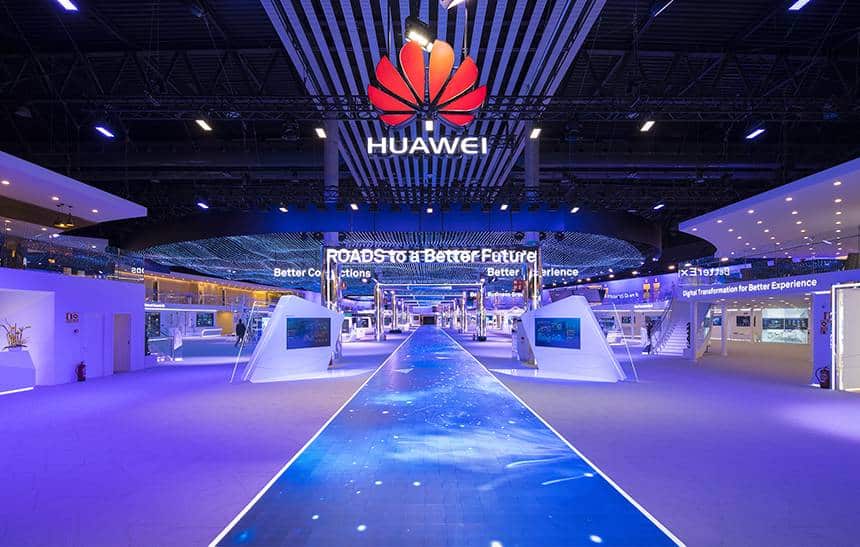In the rapidly evolving landscape of global technology, few companies have captured the world’s attention as Huawei has. From its humble beginnings in Shenzhen, China, to becoming a major player in the telecommunications and smartphone industries, Huawei’s journey has been marked by remarkable achievements and unprecedented challenges.
In this article, we delve into the unique trajectory of Huawei, its technological innovations, and the complex security issues it has faced on the international stage.
Pioneering the Digital Frontier
Huawei’s rise from a small company focused on selling telecommunications equipment to a global tech giant has been nothing short of extraordinary. Founded in 1987 by Ren Zhengfei, a former People’s Liberation Army officer, Huawei initially aimed to provide affordable and high-quality telecom solutions to rural areas in China.
Its dedication to research and development quickly bore fruit, leading to innovations that caught the attention of international markets.
One of Huawei’s groundbreaking achievements was its pioneering work in 5G technology. As the world raced to embrace the next generation of wireless communication, Huawei’s advancements positioned it as a leader in the field.
Its infrastructure and devices played a pivotal role in shaping the 5G revolution, promising faster speeds, lower latency, and transformative capabilities for industries ranging from healthcare to autonomous vehicles.
Navigating Global Geopolitics
However, Huawei’s ascent to technological stardom hasn’t been without challenges. As the company expanded its global reach, concerns emerged about its close ties to the Chinese government and potential security risks associated with its technology.
Accusations of espionage, allegations of backdoors in equipment, and fears of data privacy violations raised alarms in various countries.
The United States, in particular, has been at the forefront of the security debate surrounding Huawei. Citing national security concerns, the U.S. Government took measures to restrict Huawei’s access to American technology and barred its products from federal networks.
This move sparked a cascade of actions from other countries, leading to a global debate about the balance between technological innovation and security imperatives.
Striving for Trust and Transparency
Huawei responded to the security allegations with a two-pronged approach: vehemently denying any involvement in espionage activities and embarking on a campaign to enhance transparency.
The company opened research centers in various countries, inviting governments and industry experts to assess its technology for vulnerabilities. It also advocated for a unified global approach to cybersecurity standards, suggesting that collaboration was the key to building trust in the industry.
Despite these efforts, challenges persist. The geopolitical tensions surrounding Huawei highlight the broader issue of trust in a digitally connected world. Striking a balance between fostering technological innovation and safeguarding national security remains a complex task for governments, businesses, and consumers alike.
The Road Ahead
As Huawei continues its journey, it faces a critical juncture that could redefine its role in the global tech ecosystem. The push for technological sovereignty, increased investment in research and development, and ongoing efforts to address security concerns underscore the complexities inherent in its path forward.
The story of Huawei is not just one of corporate success and innovation, but also a reflection of the intricate interplay between technology, geopolitics, and security.
Whether it can navigate these challenges while maintaining its commitment to technological advancement will shape not only its own destiny but also the broader narrative of global technology in the 21st century.




